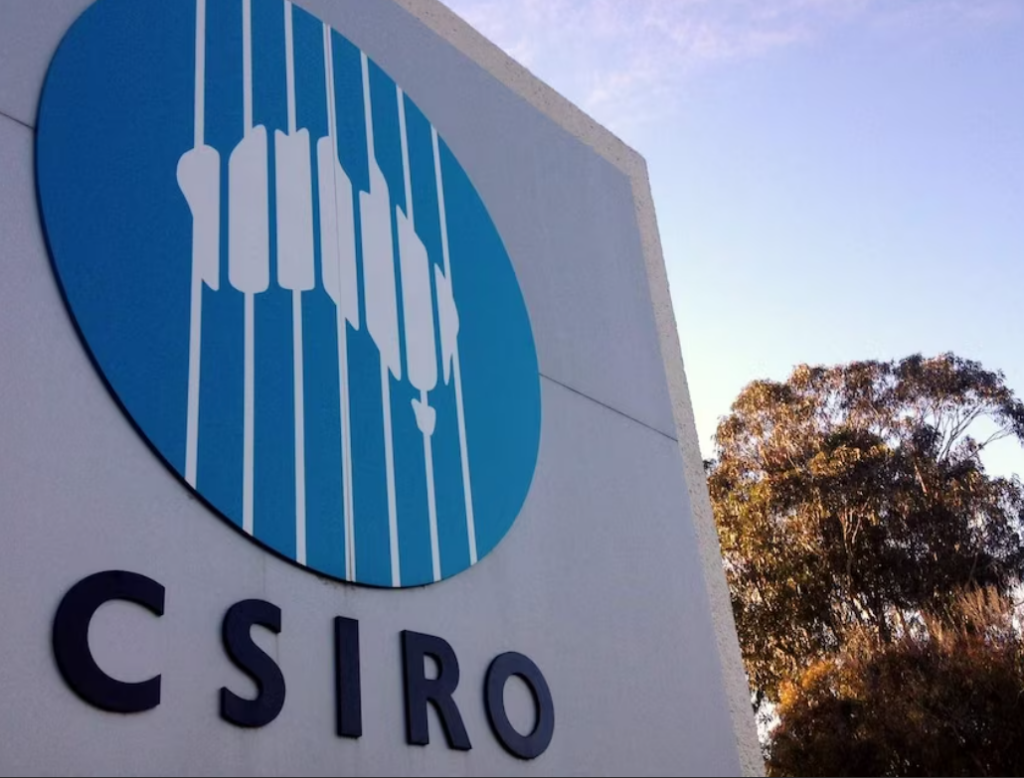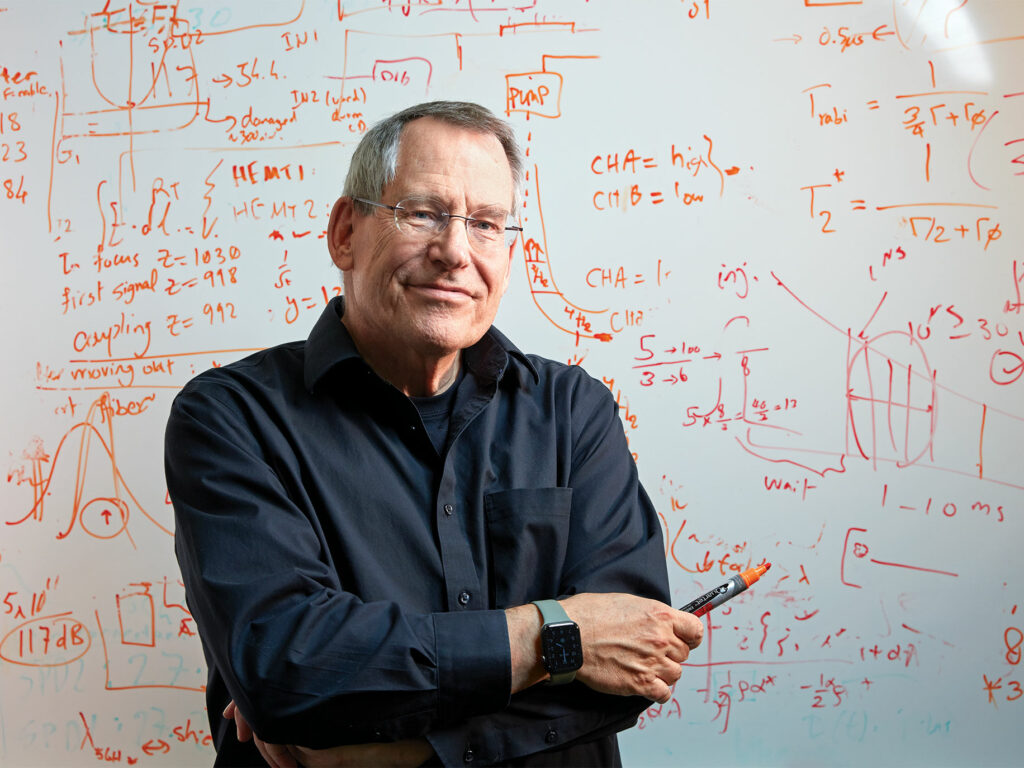Insider Brief
- A team of researchers used a Quantum computer to discover cancer drug candidates.
- The team used a hybrid quantum-classical algorithm to generate a molecule that could inhibit KRAS-mutant cancer genes.
- KRAS mutations are found in a large percentage of cancers, including lung, pancreatic, and colorectal cancers.
PRESS RELEASE — A team of researchers from the University of Toronto, Insilico Medicine and Zapata AI have for the first time used a Quantum computer to discover cancer drug candidates.
The challenge was this: find new ways to inhibit KRAS-mutant cancer genes. KRAS mutations are found in a large percentage of cancers, including lung, pancreatic, and colorectal cancers- the three deadliest cancers on Earth.
For a long time, KRAS has held the distinction of being considered “undruggable,” which means it was extremely difficult to target using small molecule inhibitors. This changed in 2022 when Amgen developed the first FDA-approved KRAS G12C-specific inhibitor, sotorasib, which unfortunately has not shown potent results in the clinic thus far. For this reason, it is imperative to develop novel potent KRAS inhibitors that will specifically target other more frequently occurring mutations such as G12V, G12R, and Q61H.
The project began when researchers took the existing data to develop AI computer models to find combinations of molecules that might work. That task was taken on by Dr Mohammad Ghazi Vakili, of the Matter Lab run by Alán Aspuru-Guzik at the University of Toronto and Zapata AI. The team utilized a hybrid quantum-classical algorithm to generate a new and novel molecule.

“We used this as an opportunity to compare Quantum computing to two classical computing models,” said Dr Ghazi Vakili. “Each method produced one million results, but what we found was that the molecules predicted by the Quantum model were different from the classical models and much more interesting.”

Then the team used Insilico’s generative AI engine, Chemistry42 to validate the generated compound from the generative mode. Insilico’s Generative AI is designed with the purpose of dealing with large datasets such as these and finding precise results.
“As many as 85% of all human proteins are thought to be ‘undruggable’,” says Petrina Kamya, PhD, Global Head of AI Platforms at Insilico Medicine and President of Insilico Medicine Canada. “This is a major challenge facing the development of new cancer treatments, and one that AI is uniquely positioned to help. Using Chemistry42 we can design completely novel molecules with ideal properties that can target even those targets that are believed to be undruggable.”
Once filtered algorithmically and by humans, the team was left with 15 potential molecules from the Quantum and classical computers. These potential molecules were synthesized and put to the test by Dr Igor Stagljar, Professor in the Departments of Biochemistry and Molecular Genetics at the Donnelly Centre at the University of Toronto and Acceleration Consortium Scientific Leadership Team member.
“What many people don’t realize is that traditionally, testing one drug can take up to 15 years to determine if it is effective, and 90 percent of clinical trials fail,” said Dr Stagljar. “But with this method, we can cut preclinical testing time down to months, meaning we can fail fast and try again. It’s almost like copy-pasting your test, you can do it quickly and accurately on thousands of candidate small molecules in a matter of a couple of days. And in this case, we were able to test the top 15 candidates in actual living cells, finding two with real potential.”
Both potential molecules were found by the Quantum computer. This was the first time that a Quantum computer was used to design a ligand – a molecule that binds to a protein – targeting a protein and generated a compound that was synthesized and tested on the cells.
“This project is an exciting demonstration of how quantum and classical computing can complement each other to deliver an end-to-end solution,” said Yudong Cao, CTO and co-founder at Zapata AI. “The collaboration is also a great example of how the startup and university ecosystems can leverage each other’s advantages to drive progress.”
Dr Alán Aspuru-Guzik, professor in the Departments of Chemistry and Computer Science at the University of Toronto and director of the Acceleration Consortium says the results of this project is a sign of things to come for other use cases with complex design challenges.
“I have always been excited about the potential of AI and quantum computing for drug and materials discovery,” said Dr Aspuru-Guzik. “This is just the beginning of how we may be able to integrate quantum computing modules into the drug discovery pipeline. The whole team and I are proud that we were able to successfully discover a new compound to inhibit KRAS using a pipeline that involves a quantum module. As the capabilities of these models increase, this will keep getting exciting.”
If you found this article to be informative, you can explore more current quantum news here, exclusives, interviews, and podcasts.




















